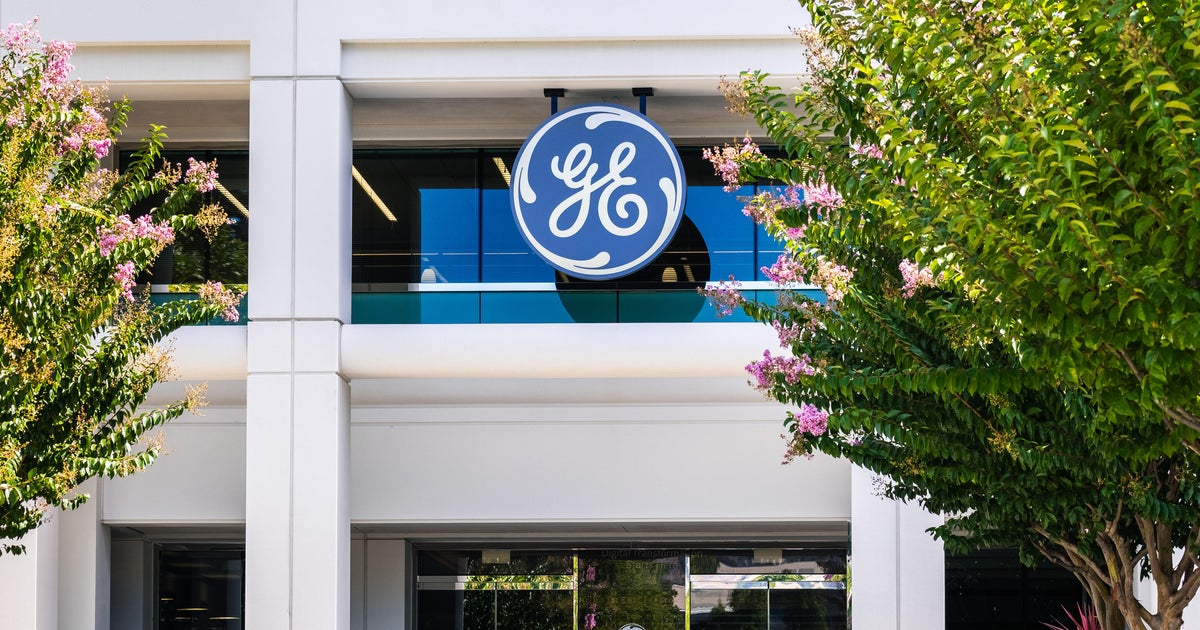In a significant stride towards reshaping its operational and manufacturing strategies, GE Appliances, a division of the global giant Haier based in Louisville, Kentucky, recently announced a transformative plan to reallocate the production of key appliances from offshore facilities in China and Mexico to various locations across the United States. This move is a part of an expansive investment exceeding $3 billion aimed to bolster U.S. operations in multiple Southern states including Kentucky, Georgia, Alabama, Tennessee, and South Carolina.
This monumental investment ranks as the second-largest in the organization’s history and signals a robust push towards enhancing domestic production capacities and modernizing existing facilities within the next half-decade. Through this initiative, GE Appliances anticipates the creation of over 1,000 new jobs, marking a significant increase in its workforce and affirming its commitment to American manufacturing prowess.
Kevin Nolan, the CEO of GE Appliances, underscored the strategic vision guiding this expansion, stating, “Our long-term strategy is about manufacturing close to our customers.” He highlighted the roles of lean manufacturing processes, workforce upskilling, and automation as pivotal elements that render manufacturing in the United States a viable and financially sound decision.
Historically, a substantial portion of GE’s appliance production has been conducted in the U.S.; this new plan will further concentrate its manufacturing efforts domestically by transferring additional responsibilities to its American plants. This strategic shift includes the transfer of gas range production from Mexico to a facility in Georgia. Moreover, production of six refrigerator models, which were previously manufactured in China, will now see a shift to the company’s Alabama plant.
In response to altering geopolitical and economic landscapes, including the imposition of higher tariffs on imported goods under former President Donald Trump’s administration, GE Appliances is accelerating its production realignment. Lee Lagomarcino, the vice president of clothes care at GE Appliances, acknowledged that the tariffs on Chinese imports were a major catalyst that expedited the company’s decision-making process, pushing forward its reshoring efforts.
The extensive multiyear plan encompasses several significant production shifts. For instance, the manufacturing of more than 15 models of front-load washers currently produced in China will be relocated to Appliance Park, the sprawling manufacturing complex of GE in Louisville. This facility is poised to receive an investment of $490 million to support the new production lines including a combo washer/dryer along with other advanced appliance models.
The initiative extends beyond just manufacturing appliances. In Camden, South Carolina, GE plans to double both the output and employment at its plant through the introduction of electric and hybrid heat pump water heater production lines, transitioning these from their current Chinese locations. Additionally, the Selmer, Tennessee plant will expand its production portfolio to include two new models of air conditioners.
In terms of regional economic impact, Kentucky Governor Andy Beshear has lauded this initiative, noting that GE Appliances’ decision reinforces Kentucky’s stature as a pivotal hub for advanced manufacturing and job creation. He highlighted the state’s capacity to accommodate world-class companies with its skilled workforce and supportive resource base.
Further strengthening its operational foundation, GE Appliances is also forging alliances with educational institutions—including universities, technical schools, and high schools—to cultivate a well-trained workforce that can meet the demands of an evolving manufacturing landscape in America. Bill Good, vice president of supply chain for GE Appliances, remarked, “Infrastructure and tools matter, but they are not enough.” He emphasized the importance of people in driving America’s manufacturing renaissance, underscoring the holistic approach the company is adopting towards domestic production.
In its entirety, once the new investment plan is fully implemented, GE Appliances will have infused a staggering $6.5 billion across its 11 U.S. manufacturing plants and extensive national distribution network since 2016. The company estimates that it contributes more than $30 billion annually to the U.S. economy and supports over 113,000 jobs both directly and indirectly through its comprehensive operations, supplier network, and distribution pathways. This ambitious reshoring effort is a testament to GE Appliances’ dedication to boosting U.S. manufacturing, aligning closely with broader economic trends favoring domestic production over offshore alternatives.









